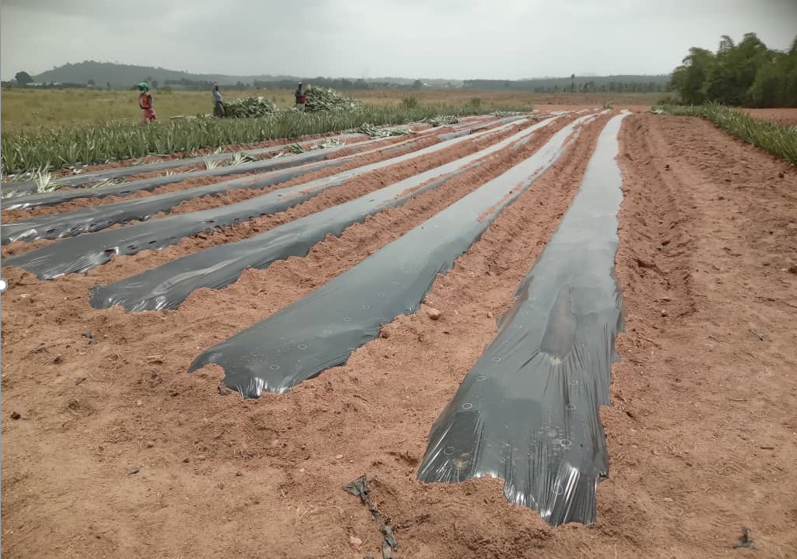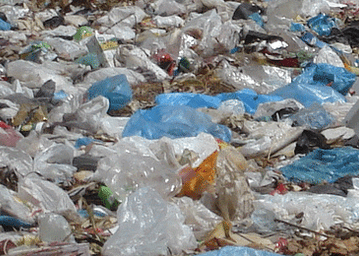
At the recently-held Environmental Sustainability Summit 2025, panellists concurred that the precarious plastic pollution situation in Ghana continues to worsen due to a disjoint between policy and its implementation and lack commitment to promoting investments in viable alternatives.
Panellists warned that progress is being hampered by a disconnect between policy and implementation, as well as a gap between academia and practical application – challenges largely attributed to lack of reliable data for effective planning.
Ghana purportedly generates 1.1 million tonnes of plastic waste each year, while estimates show that over 50 percent of this waste remains uncollected and as low as 9 percent is recycled.
Director-Institute for Environment and Sanitation Studies, University of Ghana, Prof. Chris Gordon argued that despite the presence of national plastic management policies and an action plan road map – which he played a pivotal role in formulating – Ghana is drowning in plastic waste because it fails to implement solutions, setting the tone for a passionate debate.
“The real issue is implementation,” Prof. Gordon stated, adding that “academia and policymakers are speaking different languages.” He therefore called for simplified communication devoid of technical jargons that alienate and preclude the understanding of policymakers and people in our communities.
Despite the absence of reliable data, especially on the use of single-use plastics, Prof. Gordon claims that we consume about 30 million sachets of water daily in Accra, considering the city’s burgeoning population which now stands at about 5 million.
Prof. Gordon echoed the need for behavioural change to tackle the plastic pollution menace.
Another panellist, Dr. Eric Boachie Yiadom from Green Vista, expressed concern about the investment climate.
Edward Debrah, a Chartered Environmentalist, expatiated on the need for incentives like tax breaks for recyclers or importers of biodegradable alternatives while disincentivising the use of single-use shopping bags by selling them to customers instead of the usual free after purchase.
He advocated simplified, translated regulations and efficient regulatory oversight to ensure compliance, while contrasting this with strict Health and Safety Executive (HSE) enforcement he witnessed in the UK.
The post Editorial: Disjoint between policy and implementation in tackling plastic waste appeared first on The Business & Financial Times.
Read Full Story
























Facebook
Twitter
Pinterest
Instagram
Google+
YouTube
LinkedIn
RSS